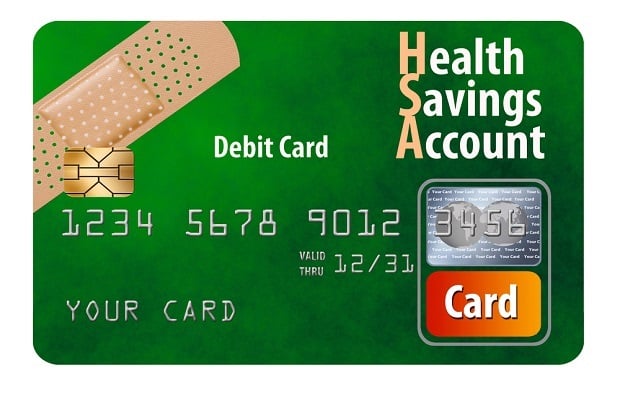 For Americans, HSAs provide the most powerful and flexible way to save money on medical expenses. (Photo: Shutterstock)
For Americans, HSAs provide the most powerful and flexible way to save money on medical expenses. (Photo: Shutterstock)
Health savings accounts (HSAs) were enacted in 2003 to help Americans cope with the increasingly popular high deductible health plans that offer low premiums, but higher out of pocket costs. By allowing people to fund an account to pay for qualified medical expenses, HSAs offered a significant tax benefit in that the contributions are made tax-free, the money in the account can be invested to grow tax-free, and qualified medical purchases can be made tax-free. According to Devenir, 28 million Americans are able to take advantage of this tax break. Why can't the other 225 million Americans who are covered under some other type of health insurance have the same opportunity?
While the health insurance landscape has evolved significantly since 2003, HSA eligibility requirements have not adapted alongside it. A recent Kaiser Family Foundation report found that the average health plan deductible now exceeds the minimum deductible needed to qualify for an HSA, yet HSAs are still tied to one particular type of health insurance. The requirement to have a high deductible health plan (HDHP) to enjoy the benefits of an HSA is a requirement that needs to be revised.
Related: 3 steps to greater FSA/HSA participation
In addition, the recent COVID-19 pandemic has illuminated the need for Americans to have simple ways to easily save money for unexpected medical expenses. In the wake of hospitalizations and job losses, millions of Americans are struggling to regain their financial footing. Expanding HSAs to all would afford these individuals powerful relief and bolster the American response to this unprecedented crisis.
For Americans, HSAs provide the most powerful and flexible way to save money on medical expenses. HSAs have no use-it-or-lose-it limits, meaning account holders have full control of when they use their funds. In addition, HSA funds stay with account holders when they change jobs or get furloughed and, thanks to recent IRS guidelines, can be used on a vast range of health care costs. Finally, HSA funds can be easily invested to create a medical nest egg to cover unexpected medical costs in the future or in retirement.
Speaking of retirement, expanding HSA access to our seniors who have chosen Medicare as their health insurance is vital as well. These Americans have worked hard and sacrificed to create a dignified retirement for themselves and are now facing rising medical costs at a time when their income levels may not match that increase. Those enrolled in Medicare are denied the opportunity to participate in an HSA just because they have Medicare coverage. Why should they be denied the ability to save money on medical expenses?
Removing the HDHP mandate for HSAs would also prove valuable for employers. HSAs are much easier to administer than other health benefits, which would dramatically simplify benefits administration for employers. Also, employer contributions to employees' HSAs are an easy way to provide dedicated medical relief to their employees. And since those contributions are not subject to FICA taxes, employers also benefit from not having to pay FICA taxes on the contribution they make to their employees.
The current Pandemic Healthcare Access Act sponsored by Sen. Ted Cruz decouples HSAs from their HDHP mandates by allowing all Americans who have health insurance to open an HSA. This would allow 225 million Americans the ability to take advantage of unparalleled tax savings on medical expenses. With COVID-19 still upon us, this financial break is needed now more than ever.
While HSA usage and enrollment has expanded significantly in the 17 years since they were enacted, antiquated eligibility requirements continue to restrict HSA growth. It is time to bring HSAs into the present and make them available to all Americans. HSAs are the single best way to pay for medical expenses, and no matter what health insurance they choose, all Americans deserve the break.
Craig Keohan is CRO at HealthSavings Administrators.
Read more:
© Touchpoint Markets, All Rights Reserved. Request academic re-use from www.copyright.com. All other uses, submit a request to [email protected]. For more inforrmation visit Asset & Logo Licensing.






